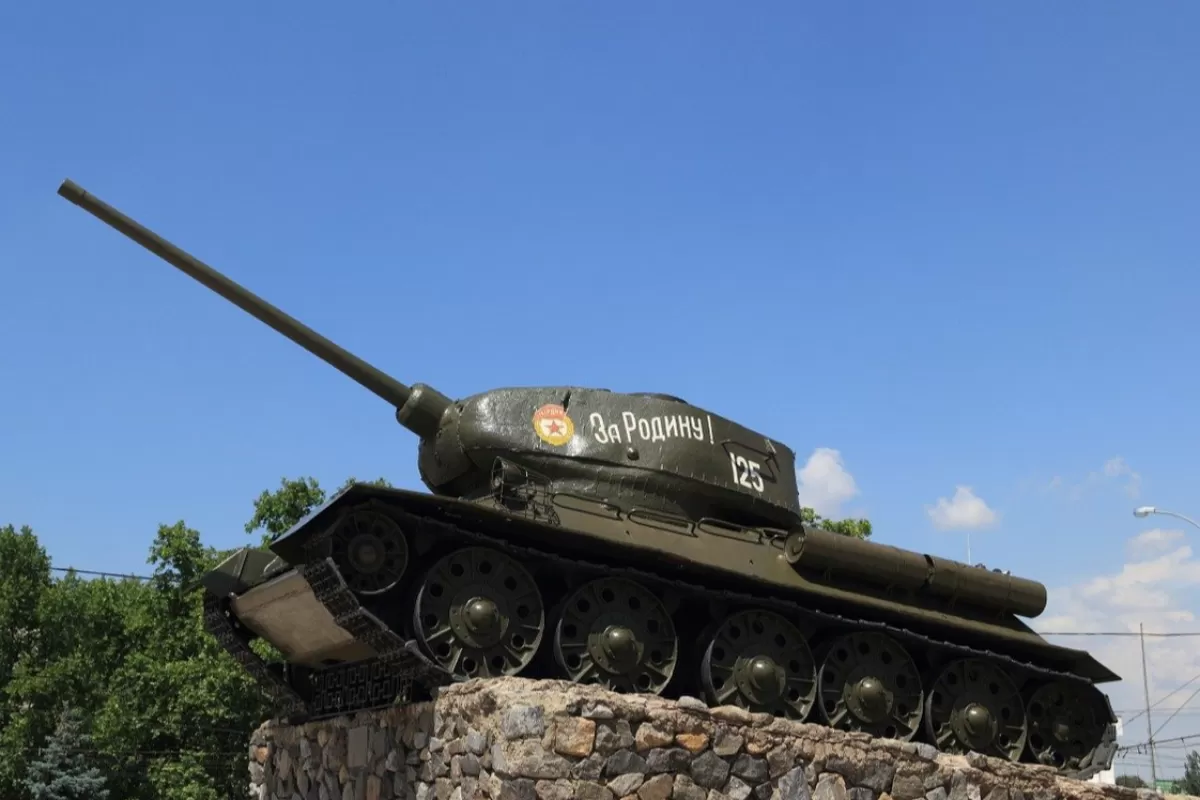
Transnistria is an important stake for some politicians in Chisinau, but not because they're interested In achieving Moldova’s grand national objective – reunification. They’re rather interested in the thousands of votes they could get from Transnistria. However, those votes come in exchange for concessions for the breakaway region.
Electoral calculations
The breakaway republic did not show any interest to return to Moldova, but that does not mean it wouldn’t do it should Moscow decide that that is the course to follow. Russia already showed how does it see conflict resolution in the area when it came out with the Kozak Memorandum of 2003, which was eventually rejected by then Moldovan president Vladimir Voronin. The Memorandum grants Tiraspol some serious leverage in a common federal entity, which would mean a strengthening of Kremlin’s influence. The plan gave Tiraspol a disproportionate representativity in the common Senate but also a significant influence in the lower chamber of Parliament, that would have come via the votes won by pro-Russian parties. This would decisively incline the balance towards the left-wing, Russian-oriented political parties, and thus any aspiration for European integration of Chisinau could be stopped.
Even in the current situation, with two separated entities, the votes from Transnistria could influence the outcome in Chisinau, which is setting up, in the territory it controls, polling stations for its citizens from across the river.
The electoral appetite of Transnistrians, of those who also hold Moldovan passports, has generally been very low for the elections in Moldova, but at the 2016 presidential elections, then in the February 2019 parliamentary elections, the stakes of Transnistrian votes returned to political calculations.
According to the Central Electoral Commission of Moldova, CEC, about 37,177 votes were cast in two constituencies in Transnistria in the last parliamentary elections in February 2019. Comparatively, about 15,000 voted in the second round of the last presidential elections in November 2016. Also, In the second round of the 2020 presidential elections, 31,072 people from the Transnistrian region voted, of which 26,659 for Igor Dodon and 4,413 for Maia Sandu.
The main cause, as the observers' reports show, was the electoral bribe that the parties on the left of the political ladder were fighting. In this context, the right of Transnistrians to vote and their pecuniary availability to sell it to the parties in Moldova will become even more important in Chisinau`s political calculations.
The situation was and will be exploited by the rich left-wing parties.
A massive mobilization of citizens in Transnistria to vote could tip the balance decisively in favour of the pro-Russian forces willing to pay at each election for these votes. This would produce a "transnistrization" of Moldova, without the need for a federalization of the country or a new "Kozak plan" for the reunification of the country.
The criminalization of votes could prove decisive in tipping the balance in favour of pro-Russian political forces, although, from an economic point of view, the situation of Transnistrian exports would not change. Instead, concessions from Chisinau could be even bigger.
Votes versus concessions
This situation was seen before last year's presidential race. As such, at the last tete-a-tete meeting between the former president Igor Dodon on July 28, 2019, with the Transnistrian separatist leader Vadim Krasnoselsky, the two talked about a new round of economic concessions for Tiraspol. In the run-up to the presidential election, Dodon also needed to get the necessary votes from Transnistria for a second presidential term.
At the meeting with Dodon, Krasnoselsky came with the cabinet of ministers from Tiraspol and discussed the possibility of using the bank cards of the international Visa and MasterCard systems in Transnistria, telecommunications issues and the transfer to Tiraspol of frequency licenses, the opening of a new Bender-Varnita-Severnii trolleybus line, as well as the issue of closing criminal cases from Chisinau on businessmen or politicians from Transnistria.
Immediately after the meeting, the former government Ion Chicu decided to extend at the beginning of August 2020, already for the fifth time, the deadline for applying for the exemption from customs duties for Transnistrian economic agents, which carry out import-export operations through three points of crossing the Moldovan-Ukrainian border. Implicitly for the most important non-taxed products are tobacco and alcohol, some of the most important smuggled goods in the Transnistrian region.
All this was a bargaining chip for Dodon and the PSRM to receive Tiraspol's approval and even its support in the November presidential election.
Moreover, the opposition accuses Igor Dodon and PSRM of squandering two million euros to buy massive votes from the Transnistrian region. Socialists Party, PSRM, also had the initiative to amend the Electoral Code to restrict the rights to monitor elections, both for foreign and domestic observers.
In each round, this makes the breakaway region Transnistria gain more weight in Chisinau's political life. The benevolent attitude and the "soft power" model that the EU has proposed in its relationship with Tiraspol, as well as the concessions made by Chisinau at the urging of Brussels, could prove bankrupt.
The phenomenon of "transnistrization" makes Russia play an even bigger role in the political life in Chisinau, so that the European road of Moldova is always obstructed and the reforms carried out inconsistently.
Who keeps alive the breakaway region of Transnistria in Moldova? Part I
Who keeps alive the breakaway region of Transnistria in Moldova? Part II


